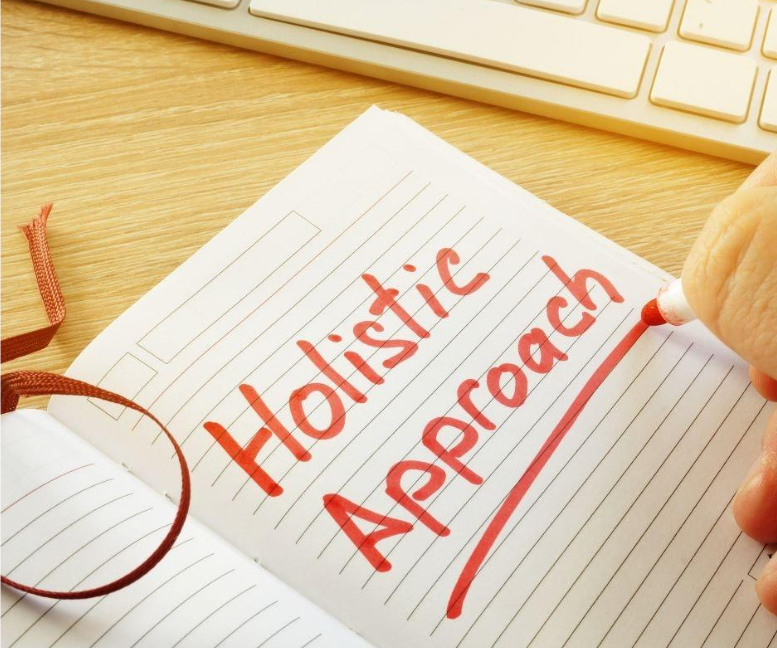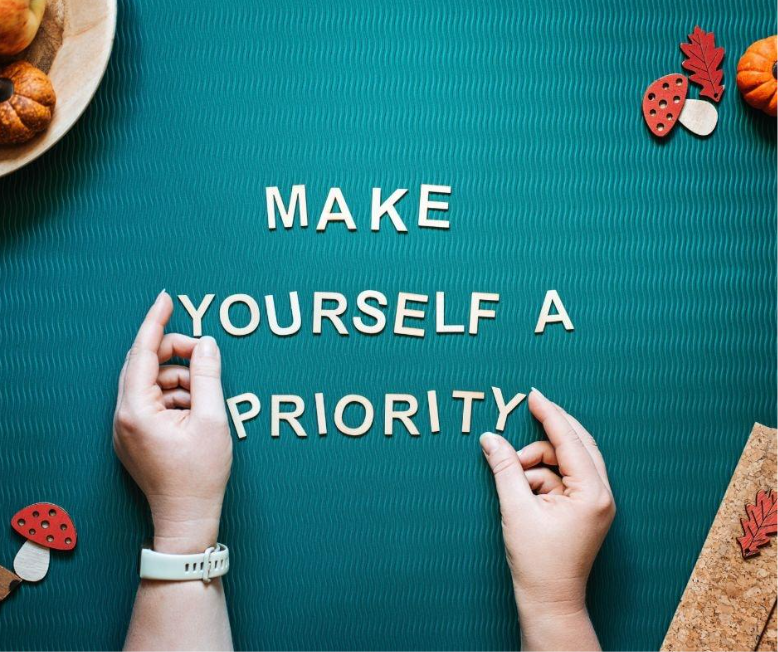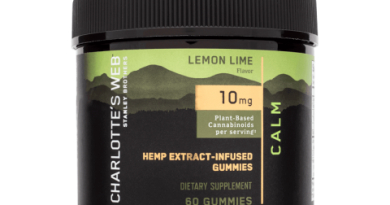The Benefits of Holistic Addiction Recovery for Lasting Change
Holistic addiction recovery is a comprehensive approach that focuses on treating the mind, body, and spirit to promote long-term recovery from substance use disorders. Unlike traditional methods that emphasize medical detox and therapy alone, holistic addiction treatment integrates alternative therapies, nutrition, and mental wellness practices to address the root causes of addiction.
The goal is to create a balanced approach that helps individuals rebuild their lives by overcoming addiction and improving physical health, emotional stability, and spiritual growth. This approach reduces the risk of relapse and promotes overall well-being.
Contents [hide]
The Holistic Approach to Addiction Treatment
A holistic approach to addiction treatment addresses the whole person rather than focusing solely on substance misuse. It incorporates various holistic practices to support individuals in developing healthier coping mechanisms, enhancing interpersonal skills, and achieving a fulfilling life.
Some key components of holistic addiction recovery include:
1. Physical Aspects of Recovery
- Medical Detox: While detox is essential in the initial stages of recovery, holistic treatment programs emphasize maintaining physical health beyond this phase.
- Physical Exercise: Fitness for addiction recovery, including regular exercise, such as yoga, tai chi, or strength training, improves physical health and reduces stress.
- Nutritional Therapy: A healthy diet plays a critical role in replenishing nutritional deficiencies caused by substance misuse.
- Nutritional Counseling: Providing education on healthy meals, good nutrition, and meal planning supports overall well-being.
2. Emotional and Mental Well-Being
- Family Therapy: Engaging family members in therapy strengthens support systems and improves communication.
- Group Therapy: Sharing experiences in support groups fosters emotional healing and reduces feelings of isolation.
- Mindfulness Practices: Techniques like meditation, deep breathing, and mindfulness exercises help manage stress and improve mental health.
- Music Therapy and Art Therapy: Creative therapies provide emotional release and encourage self-expression.
- Coping Strategies: Learning effective coping skills to manage stress and prevent relapse.
- Addressing Emotional Issues: Identifying and working through underlying issues that contribute to substance abuse.
3. Spiritual Development and Personal Growth
- Alternative Medicine: Holistic therapies such as massage therapy, acupuncture, and herbal remedies promote relaxation and healing.
- Spiritual Development: Exploring personal spiritual growth through prayer, journaling, or nature therapy can provide deeper self-awareness and healing.
- Life Skills Training: Developing practical skills such as financial management, job readiness, and relationship-building aids in maintaining independence post-recovery.
- Interpersonal Skills Training: Teaching communication skills for better relationships and social interactions.
Holistic Treatment Methods for Long-Term Success
While substance abuse treatment typically involves detox and therapy, holistic recovery introduces alternative approaches that reinforce long-term recovery. These include:
- Massage Therapy: Relieves tension, reduces cravings, and aids in relaxation techniques.
- Yoga and Tai Chi: Encourages mindfulness practices and enhances self-awareness.
- Physical Activities: Engaging in activities like hiking, swimming, and dancing to improve mood and overall wellness.
- Relapse Prevention Strategies: Developing coping strategies to manage triggers and reduce the likelihood of relapse.
- Aftercare Planning: Structured aftercare planning ensures continued progress and ongoing support post-treatment.
- Residential Program Options: Some individuals benefit from holistic treatment programs in a residential setting for more immersive care.
The Role of Holistic Therapies in Maintaining Recovery
Maintaining recovery requires ongoing support and a commitment to holistic methods that reinforce well-being in everyday life. Some effective strategies include:
- Participating in support groups for community encouragement
- Practicing self-care, including nutritional therapy, healthy meals, and physical exercise
- Using relaxation techniques such as deep breathing and meditation to manage stress
- Seeking emotional support from therapists, mentors, or spiritual advisors
- Engaging in spiritual practices that enhance inner peace and personal fulfillment
- Managing stress through alternative medicine, massage therapy, and other holistic methods
Overcoming Challenges in Holistic Addiction Treatment
While holistic addiction treatment is highly effective, individuals may face challenges during the recovery process. Some potential obstacles include:
- Withdrawal Symptoms: Holistic approaches such as nutritional therapy and relaxation techniques can ease withdrawal symptoms.
- Mental Health Issues: Addressing mental health through therapy, mindfulness, and medical care is essential.
- Social Reintegration: Learning interpersonal skills and coping skills is crucial for adapting to social situations.
- Developing Self-Esteem: Engaging in spiritual development, exercise, and creative pursuits can rebuild confidence.
Holistic therapy at treatment centers, like a drug rehab center in Riverside, focuses on the individual’s overall well-being while treating the physical symptoms often found alongside substance use disorders.
Holistic Addiction Treatment for Mental, Emotional, and Physical Health
Holistic addiction recovery offers a comprehensive approach to treating substance abuse by addressing the mind, body, and spirit. By integrating holistic addiction treatment methods such as nutritional therapy, physical activities, and mindfulness practices, individuals can achieve long-term recovery and a renewed sense of overall well-being.
With a holistic approach, addiction recovery extends beyond detox, equipping individuals with the tools necessary for sustained wellness, a balanced lifestyle, and long-term healing. Whether through nutritional counseling, alternative medicine, or therapy, a holistic addiction strategy supports a healthier future.







I think it’s great, because I believe a lot of addictions are some kind of reaction to bad things that happen to you
I love how you mentioned mindfulness, nutrition and exercise – things that help in recovery and overall well being. And support systems and personal growth are so important. Addiction isn’t just about breaking a habit, it’s about building a new life and you really get that.
I agree with you that it is best to have a holistic approach to this. Most often, spiritual development is taken for granted. I love the idea of journaling and nature therapy. I think it is the best way to develop our self-awareness.
This is wonderful post. This will really contribute to help the person who are struggling to cope with addiction.
This was very informative! I am so glad that I came across this article, it sounds like a great approach to dealing with addition.
This sounds like a wonderful way of beating addiction, a more calm and relaxed way of doing it. Good for the mind and body
Addiction affects the body, mind, and spirit, so it’s no wonder that real recovery requires a holistic approach.
I’m so glad you shared this. Addiction really is a mind and body ailment, so you need an approach that treats all of it.